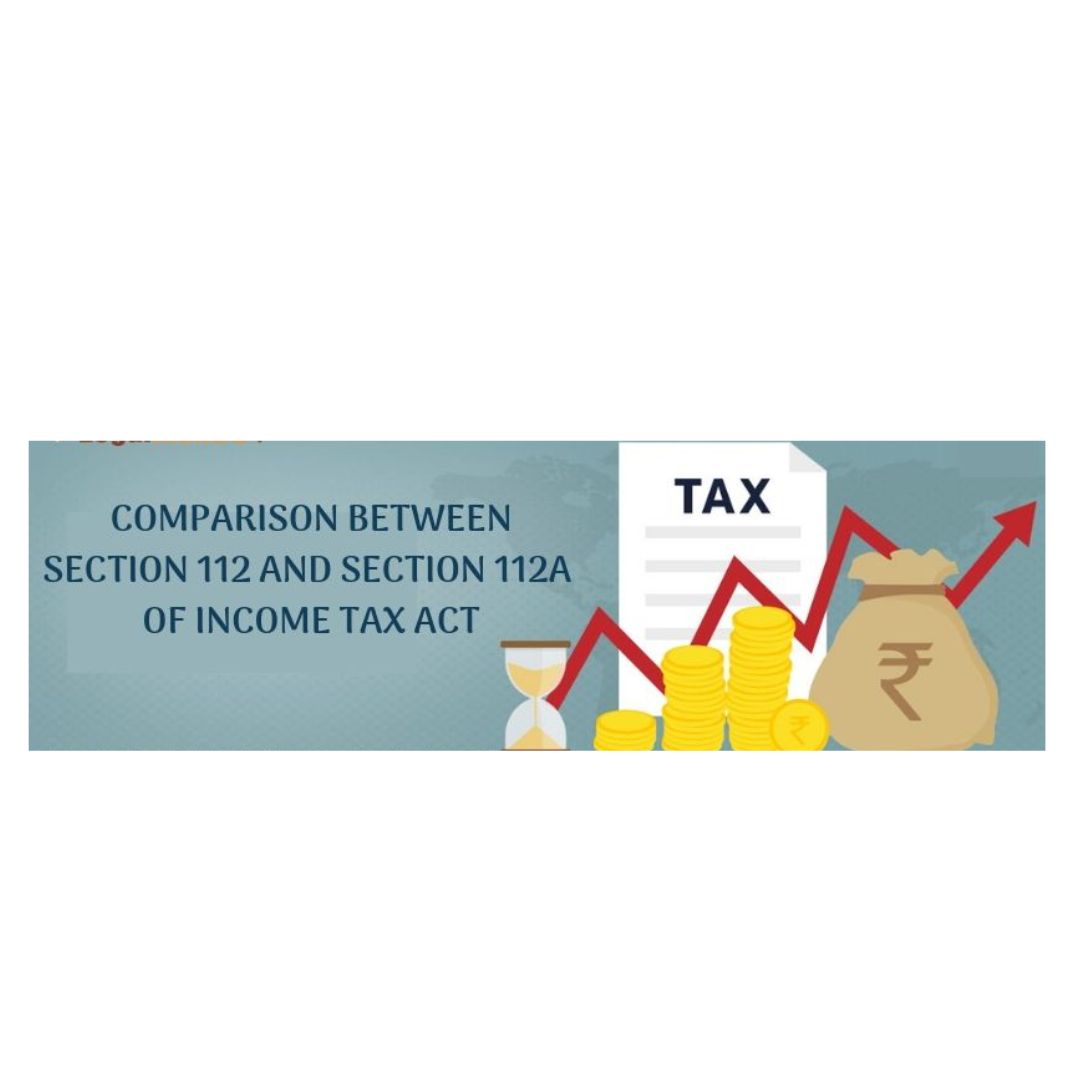How LLP is formed?
LLP Formation Process LLP Formation Process: Forming an LLP (Limited Liability Partnership) typically involves several steps and requirements. The exact process may vary depending on the jurisdiction, but here is a general outline of How LLP is formed: 1. Select a Name: Choose a unique name for the LLP that complies with the naming… Read More »





